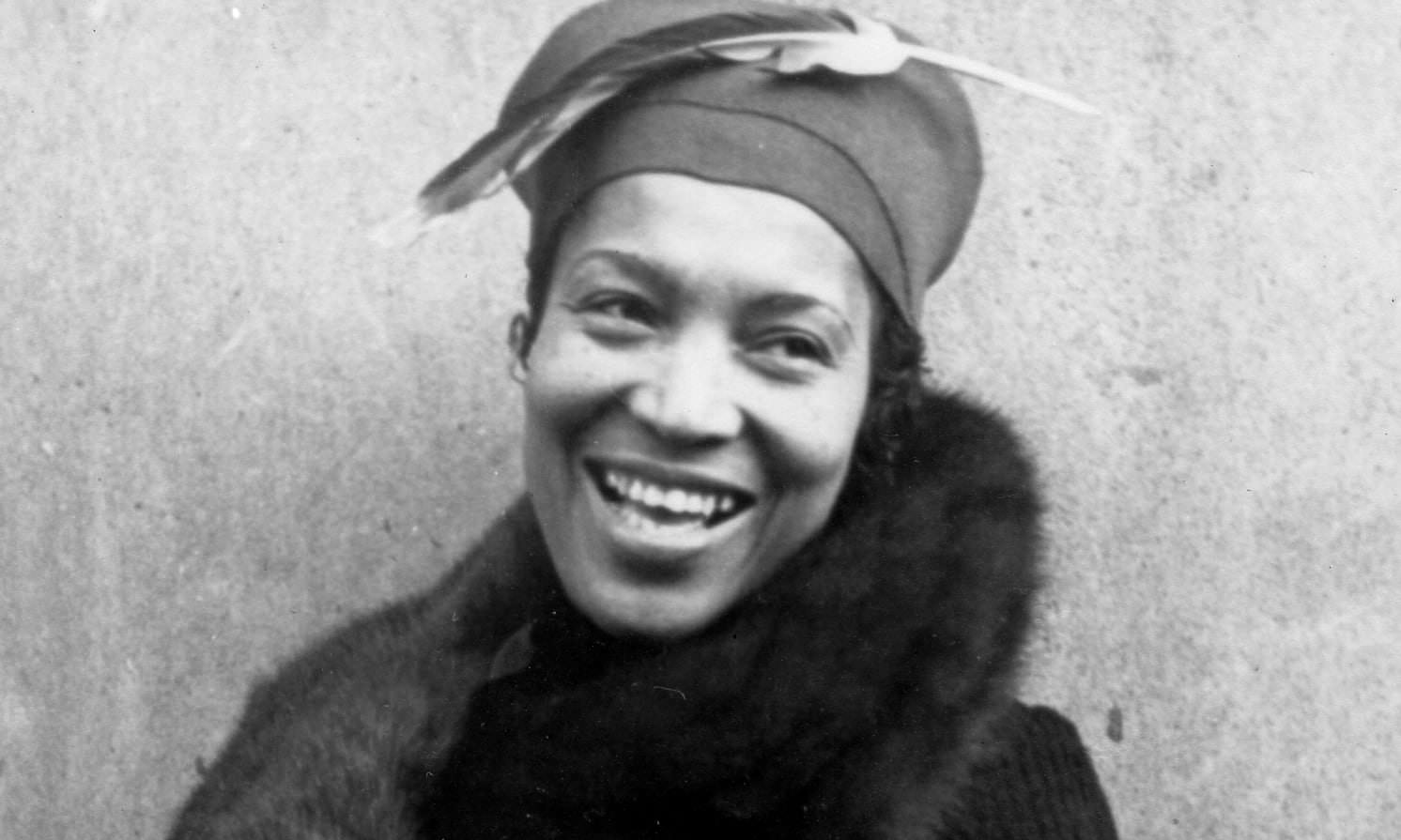Zora Neale Hurston’s “Sweat,” originally published in 1926 in the groundbreaking African American literary magazine Fire!!, offers a profound exploration of resilience, betrayal, and the complexities of justice within the Jim Crow South. This in-depth analysis delves into the story’s rich symbolism, compelling characters, and historical context to illuminate Hurston’s powerful message.
Delia’s World: Labor, Faith, and Abuse
Delia Jones, a hardworking washerwoman in Central Florida, embodies strength and perseverance. Hurston vividly portrays the sweltering heat and Delia’s physical exhaustion, using “sweat” as a potent symbol of her relentless toil. This labor, however, is not solely physical. Delia carries the emotional weight of a toxic marriage to Sykes, her abusive husband. Her deep faith offers solace, but it also initially compels her to endure Sykes’s cruelty, raising complex moral questions about duty, endurance, and eventual liberation.
Sykes: A Portrait of Toxic Masculinity
Sykes Jones, Delia’s husband, is a chilling portrayal of toxic masculinity. Unemployed and parasitic, he thrives on Delia’s earnings while openly flaunting his infidelity. His cruelty extends beyond verbal and economic abuse; he weaponizes Delia’s fear of snakes, culminating in the introduction of a venomous rattlesnake into their home. This act reveals the depths of his malice and foreshadows the story’s dramatic climax. Sykes’s behavior likely stems from deep-seated insecurities and a need to exert power over Delia, whose strength he perceives as a threat.
Setting and Symbolism: A World of Discomfort
Central Florida in the sweltering summer months serves as more than just a backdrop. The oppressive heat, buzzing insects, and ever-present threat of snakes mirror the suffocating nature of Delia and Sykes’s relationship. Delia finds solace in small acts of defiance, such as reclaiming her bedroom as both her personal sanctuary and the heart of her laundry business. This act subtly underscores her slow but resolute journey toward independence. The natural world, specifically the chinaberry tree that offers her respite at the story’s conclusion, becomes a symbol of hope and potential liberation.
Hurston’s use of symbolism adds layers of meaning. The white clothes Delia launders represent not only her hard work, but also her inherent purity, juxtaposed against Sykes’s moral corruption. The rattlesnake, a chilling symbol of evil and impending doom, embodies Sykes’s malice and foreshadows a potential turning point. The sweat itself becomes a multi-layered symbol of Delia’s physical labor, emotional suffering, and ultimate resilience.
A Twist of Fate: The Climax and its Aftermath
The story’s climax delivers a shocking twist of fate. Sykes, the tormentor, becomes the victim of his own cruelty, bitten by the rattlesnake he brought into their home. Delia’s decision not to intervene raises complex moral questions. Some may view her inaction as a form of revenge. (Some scholars have even explored this perspective, analyzing the story through a feminist lens, considering Delia’s reaction as a justifiable response to prolonged abuse.) Others might interpret it as an act of self-preservation, born from years of psychological and physical torment. Still others might see it as a consequence of Sykes’s own abusive and careless behavior.
Hurston masterfully leaves the ending open to interpretation. Did Delia consciously choose to let Sykes die? Or was her inaction a result of exhaustion, a quiet acceptance of the inevitable? This ambiguity underscores the complexities of her situation and the psychological impact of long-term abuse. Current research exploring the effects of trauma on decision-making might provide further insight into Delia’s response.
Delia’s Triumph: The Quiet Strength of Resilience
While Sykes’s death provides a powerful resolution, the true triumph of “Sweat” lies in Delia’s quiet strength. Her resilience is not about dramatic acts of revenge, but rather a series of small, deliberate choices: taking back her bedroom (where she runs her laundry business), attending church on her own, and ultimately, choosing self-preservation. It points to the idea of active non-violence as a pathway to personal autonomy and freedom.
The final image of Delia resting beneath the chinaberry tree symbolizes her liberation. The shade of the tree represents more than simply escape; it suggests a future where she can define her own life, free from the shadow of Sykes’s tyranny. The conclusion leaves us contemplating the power of resilience, the long road to healing, and the promise of a new beginning.
Exploring Further: Related Literature
Delve into other poignant narratives exploring the human condition, such as Sweat by Lynn Nottage and Powerless by Matthew Cody, each offering unique perspectives on resilience and personal struggles.
Zora Neale Hurston’s “Sweat”: A Critical Overview
This analysis of Zora Neale Hurston’s “Sweat” explores the layered themes of domestic violence, racial and gender inequality, and the search for autonomy and liberation in the racially charged setting of early 20th-century Florida. Hurston’s use of evocative language, vivid imagery, and symbolic resonance elevates “Sweat” beyond a simple narrative of abuse, transforming it into a timeless exploration of the human spirit.
Examining Delia’s Perseverance and Sykes’s Downfall
“Sweat” centers around Delia Jones, a hardworking washerwoman, and her abusive husband, Sykes. Delia’s unwavering dedication to her work, despite Sykes’s constant degradation, becomes a testament to her resilience. Sykes’s cruelty, marked by both physical and emotional violence, underscores the devastating impact of toxic masculinity. His use of a rattlesnake to terrify Delia foreshadows the story’s ironic climax, where he becomes the victim of his own venomous scheme. Some literary critics suggest that this ironic twist represents a form of karmic justice, highlighting the cyclical nature of violence and oppression.
Symbolism and Historical Context
Hurston masterfully employs symbolism, enriching the narrative with deeper meaning. Delia’s sweat becomes a symbol not just of her physical labor, but also of her emotional and spiritual struggle. The white clothes she meticulously cleans represent her inherent purity, starkly contrasting with Sykes’s moral decay. The whip Sykes often carries symbolizes his desire for control and dominance, while the rattlesnake embodies his toxic masculinity and foreshadows his demise.
The story’s setting in the Jim Crow South is crucial. It underscores the limited options available to Black women, especially those trapped in abusive relationships. This context emphasizes Delia’s strength and resilience in the face of intersecting oppressions based on race, gender, and economic status.
A Legacy of Resilience
“Sweat” continues to resonate with readers today due to its timeless themes of resilience, survival, and the pursuit of liberation. The story’s ambiguous ending, where Delia makes a pivotal choice regarding Sykes’s fate, invites ongoing discussion and varied interpretations. It prompts us to reflect on the complexities of morality, justice, and the long-term impact of trauma. Hurston’s masterful storytelling has cemented “Sweat” as a powerful work of literature, a poignant reminder of the indomitable human spirit’s capacity to endure.
















